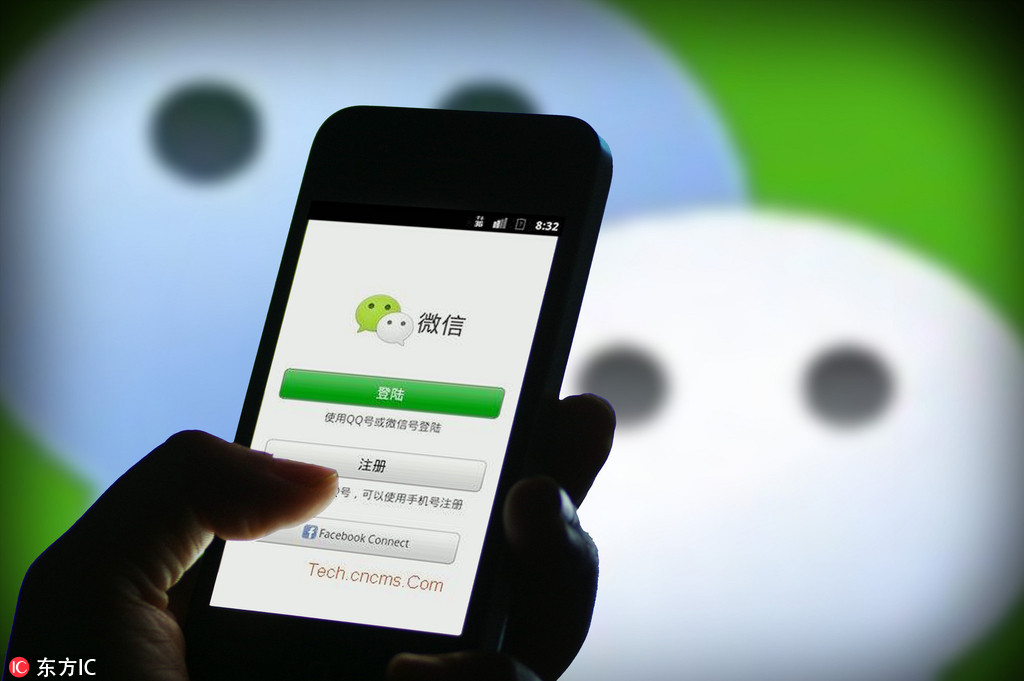Miniprograms enhance users' experience


There is an audacious economic phenomenon happening in China: using a smartphone to deal with just about every daily transaction.
People now have more reasons to move even more of their lives to mobile gadgets, as the social-to-payment app WeChat, the daily point of contact for Chinese, is leveraging miniprogram functionality to make life even easier.
Debuted a year ago, miniprograms are subapplications within the WeChat app. They allow mobile phone users to scan a QR code and access a vast number of services such as bike sharing and food ordering, without the need to download separate applications.
Tencent, the owner of WeChat, said on Monday that it now boasts 580,000 miniprograms, luring more than 170 million daily users.
WeChat, already home to nearly a billion users, now supports more than 1 million software developers who are working on a slate of miniprograms handling transportation, retail, dining and other purposes to enrich its functions.
Thirty percent of the people who use miniprograms almost every day live in first-tier cities, and half are third-to-fourth-tier city residents, according to company figures.
Brands and vendors that adopt miniprograms can offer cash rebates, group-buying options, virtual gift cards and livestreaming services to users.
Mogujie, an online shopping community for young women, saw the site's conversion rate-the percentage of people placing orders from all browsers-more than double since the introduction of their miniprogram in June.
"A majority of our new customers come from group-buying businesses, which are heavily reliant on the sharing feature provided by the vast WeChat network," said Chen Qi, CEO of the site's parent company Meili.
Miniprograms have also reached into civic services. Guangzhou has started a test project that creates a virtual ID card using miniprograms.
- Avalanche in Xinjiang leaves one dead
- Research ward at children's hospital in Shanghai treats over 200 patients with rare diseases
- Chongqing symposium examines planning cities around sound, smell, touch
- Former Qingdao legislature chief under investigation
- Former Xinjiang prosecutor Guo Lianshan under investigation
- Shandong and SCO discuss trade, investment and supply chain cooperation





































